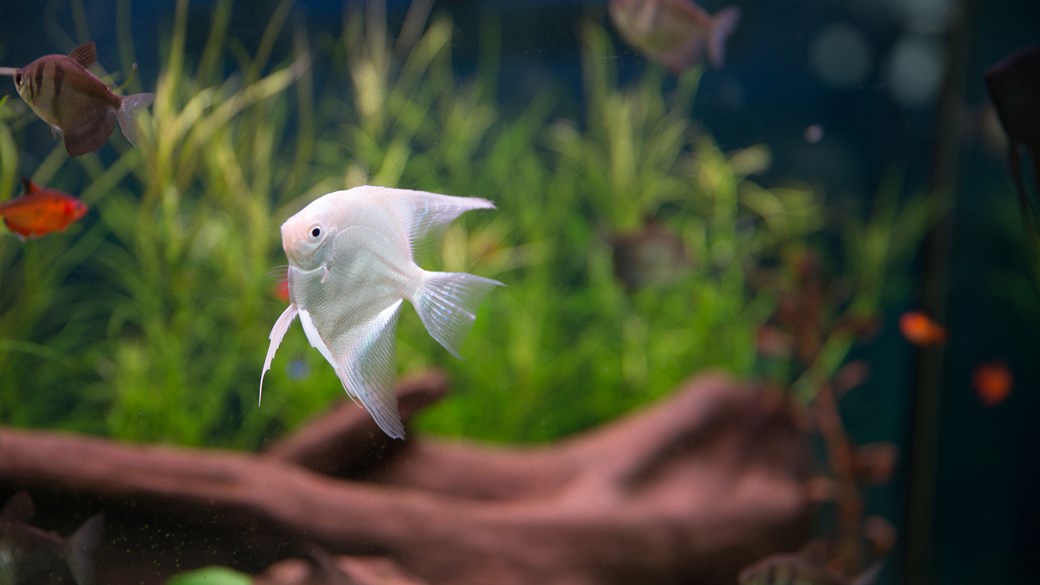
A Guide To Feeding Your Fish
Food provides the building blocks for everything that happens in your fish’s body and is also important for water quality.
Thinking about the dietary needs of your fish is one of the first things you will need to consider. The nutrition you provide your fish is hugely important – food provides the building blocks for everything that happens in your fish’s body and is also important for water quality.
There are lots of different species of fish, which have slightly different requirements. First it is important to feed for all the ‘types’ of feeders in your tank. These are:
- Top (or surface) feeders, which have an upturned mouth, and need floating foods
- Mid-feeders with straight mouths, who need food that slowly sinks
- Bottom feeders who have downturned or mouths on their underside, and need sinking foods that sit on the bottom.
Food can also be species-specific, for example ‘chichlid food’ or ‘plec pellets’. Many simple aquarium fish will do well on more generic foods, such as tropical fish flakes, but you should always check if your fish species have any specific dietary needs.
Live food supplements can also be a great way to provide nutrition and stimulation for fish that will eat live foods – while many fish species are omnivores, some are herbivores and won’t be interested in live options.
